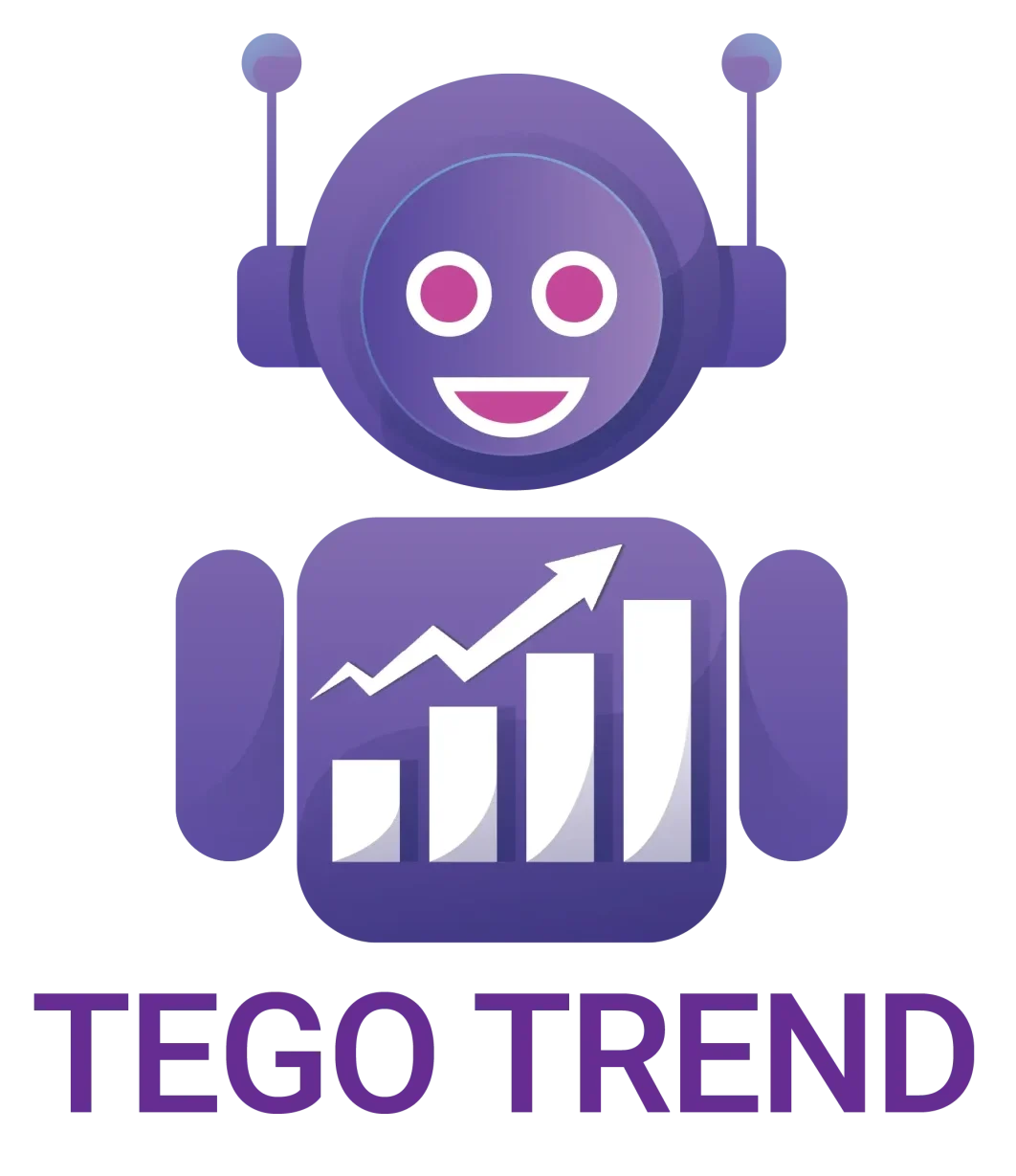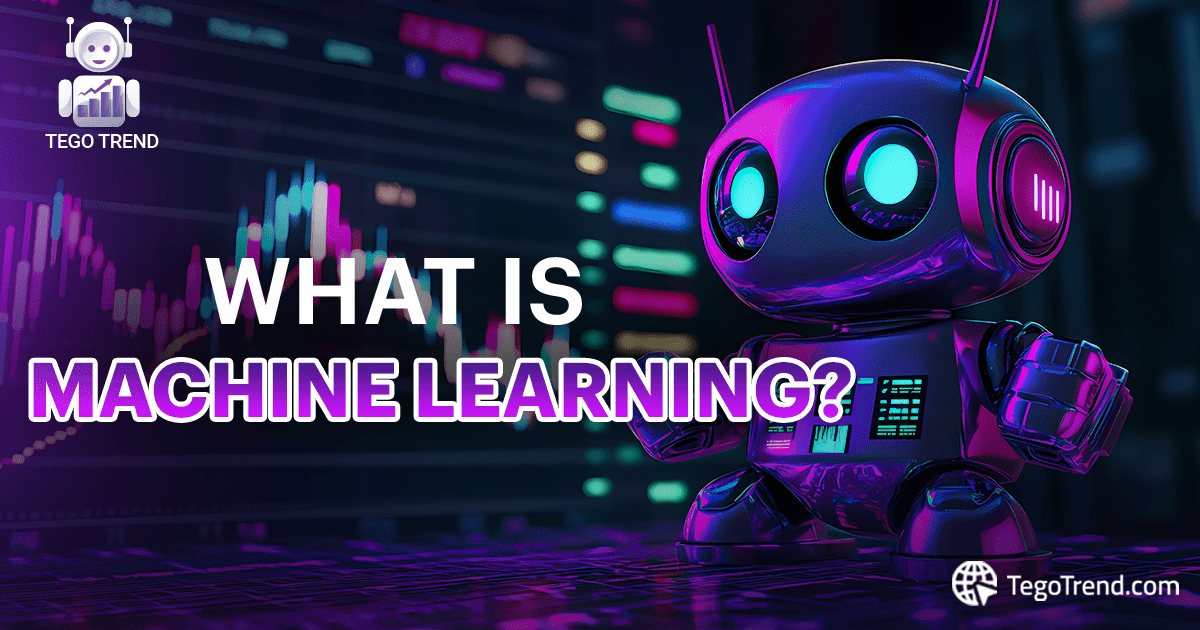What is machine learning?
Machine learning is a branch of artificial intelligence that enables computers to learn from data without the need for direct programming. Simply put, it involves creating systems capable of evolving and adapting based on the experiences they undergo. Instead of being programmed to perform specific tasks only, these systems gain experience and awareness from every new piece of information they encounter, much like humans do.
Machine learning relies on specific models and algorithms, where these models are trained on large datasets to learn how to handle new data. Thanks to this technology, systems can recognize patterns, make informed decisions, and adapt to changes in their environment.
Using machine learning in Algo trading
Data analysis and prediction
In the field of Algo trading, machine learning is used to analyze historical and real-time data with the aim of predicting market trends and price movements. Models are trained on massive datasets, helping them identify recurring patterns that may be unclear to traders through their naked eyes. For example, machine learning models can be trained to recognize specific patterns that occur before a price increase or decrease.
This type of analysis enables algorithms to make trading decisions based on the predictions derived from these patterns. With the ability to analyze vast amounts of data, models can make accurate predictions that surpass human capability.
Adaptive strategies
One of the strongest features of machine learning is its ability to adapt. When market conditions change, machine learning models can adjust their strategies based on new data, continuously improving performance. This is in stark contrast to traditional algorithms, which rely on fixed rules and do not effectively adapt to rapid changes in the market.
Risk management
Machine learning also plays an important role in risk management. By analyzing past trading data, models can predict potential risks and suggest adjustments to minimize losses. For instance, if the model detects an increase in market volatility, it may recommend reducing trade sizes or setting closer stop-loss levels.
Types of Machine Learning Models There are different types of machine learning, and each type handles data differently:
1. Supervised Learning
In this type, the model is trained on a labeled dataset, which includes the inputs we desire and their corresponding correct outputs. The model learns how to make predictions based on this training. In the field of trading, this might involve training the model to predict stock prices based on historical data and known outcomes.
2. Unsupervised Learning
In this type, the model takes data without clear guidance on what to do with it. Instead, it seeks hidden patterns within the data. This type of learning is used in Algo trading for tasks such as classifying stocks that share similar behaviors or detecting anomalies in trading data.
3. Reinforcement Learning
This type of learning is distinct, as the model learns through trial and error. It makes decisions, receives rewards or penalties based on the outcomes, and adjusts its strategies accordingly. In trading, reinforcement learning models can be used to develop strategies that evolve over time, leading to improved performance with each executed trade.
Benefits of Machine Learning with Artificial Intelligence
Some significant benefits that machine learning has added to trading using artificial intelligence include:
1. Sentiment Analysis
Artificial intelligence analyzes news, social media, and other sources to gauge market sentiment. Machine learning models process this data to predict how sentiment will affect market movements, helping to make more accurate trading decisions.
2. Portfolio Optimization
Machine learning is also used to optimize investment portfolios by analyzing risk-return profiles and suggesting the best asset allocation based on current market conditions and past performance.
3. Enhanced Efficiency
Machine learning contributes to improving the efficiency of the decision-making process, as trades are executed faster and more accurately. This efficiency helps traders capitalize on available opportunities in the market before they disappear.
Challenges of Machine Learning Despite the numerous benefits, there are challenges that must be considered:
1. Quality and Quantity of Data
Machine learning models rely on large amounts of high-quality data to be effective. Poor or insufficient data can lead to inaccurate predictions, negatively impacting performance.
2. Overfitting
One of the common challenges in machine learning is overfitting, which causes the model to perform well on historical data but fail in actual trading. It is essential to regularly test and validate models to ensure their effectiveness in real market conditions.
3. Complexity and Cost
Implementing machine learning requires a significant investment in technology and human resources. Managing it necessitates ongoing adjustments, which can pose an additional challenge for companies.
Importance of Machine Learning
Machine learning offers a new level of intelligence and adaptability in Algo trading. The topic is not limited to tracking market trends but extends to forecasting and making smarter, quicker decisions. If you want to stay ahead in the trading world, integrating machine learning is a step toward achieving this goal. In conclusion, we find that machine learning represents a true revolution in how we handle data and make decisions across various fields, particularly in trading. By understanding how to use it, traders can enhance their strategies, reduce risks, and increase their chances of success. As we look to the future, advancements in this field will continue to change the way we think about and interact with financial markets.
You can watch the video “Machine Learning: A New Revolution in Algo Trading” on our YouTube channel from here.


